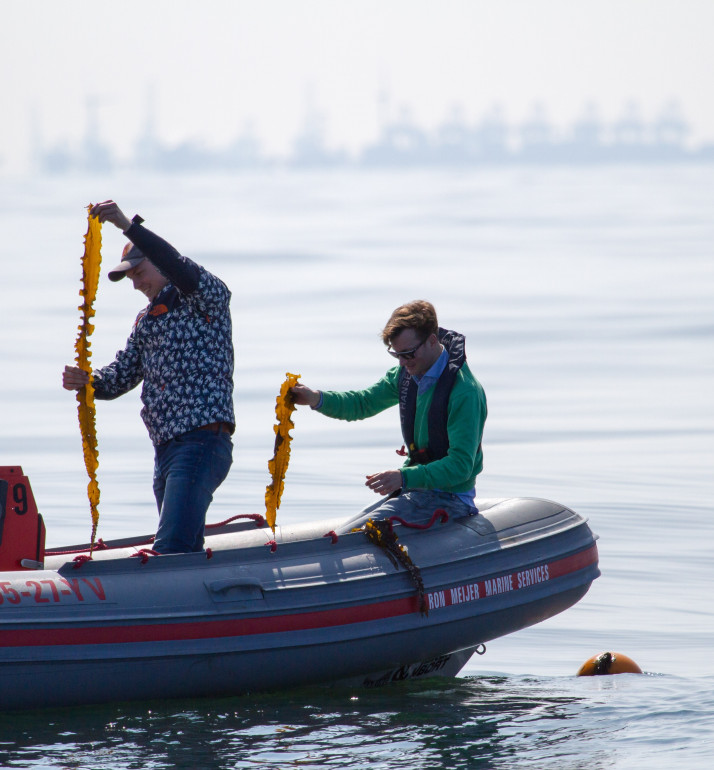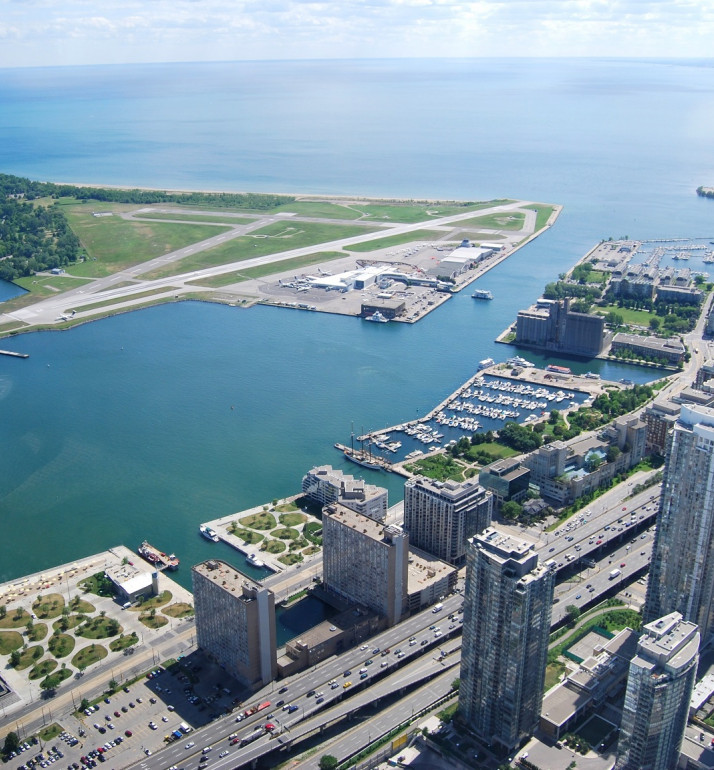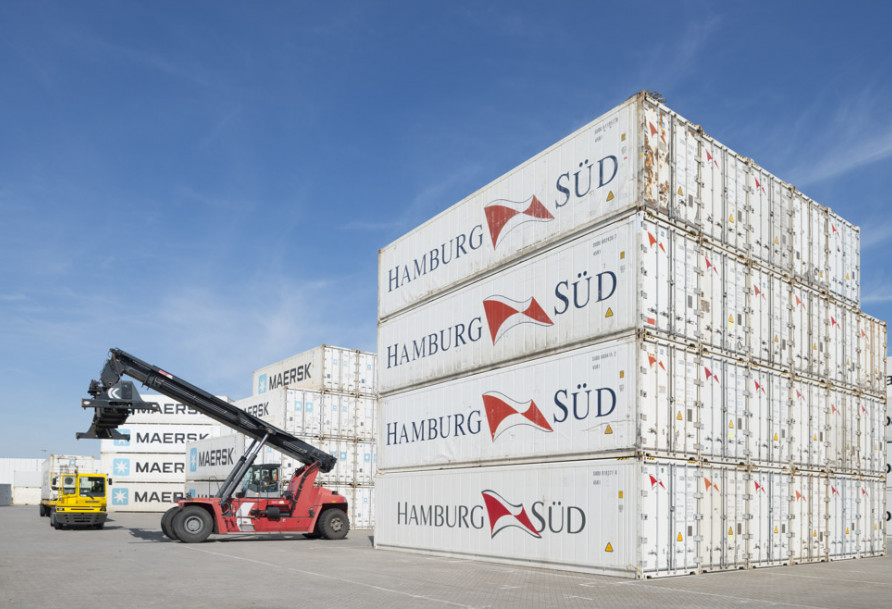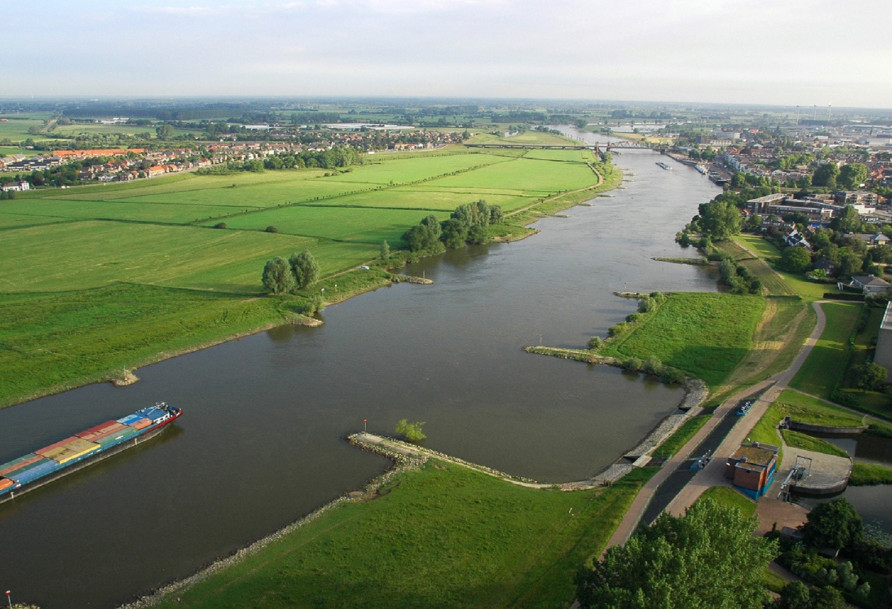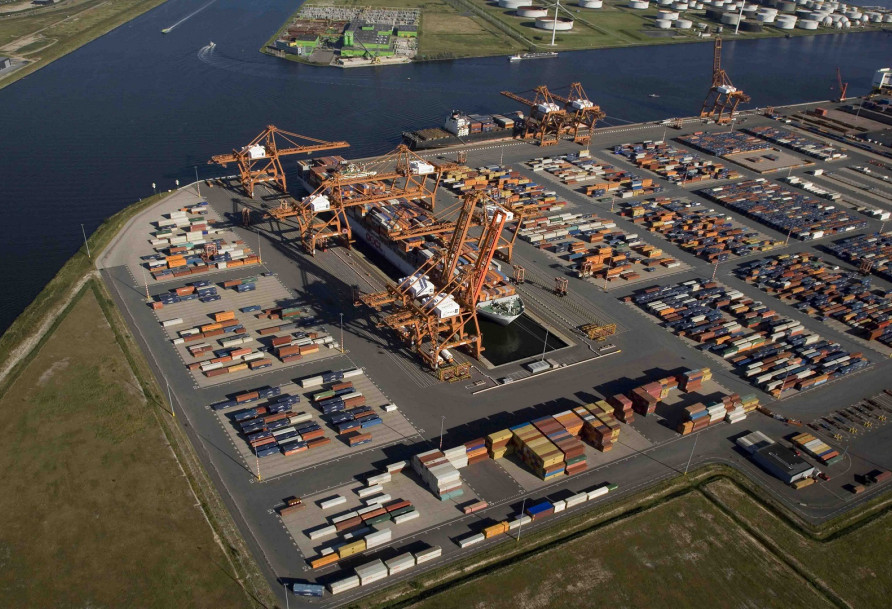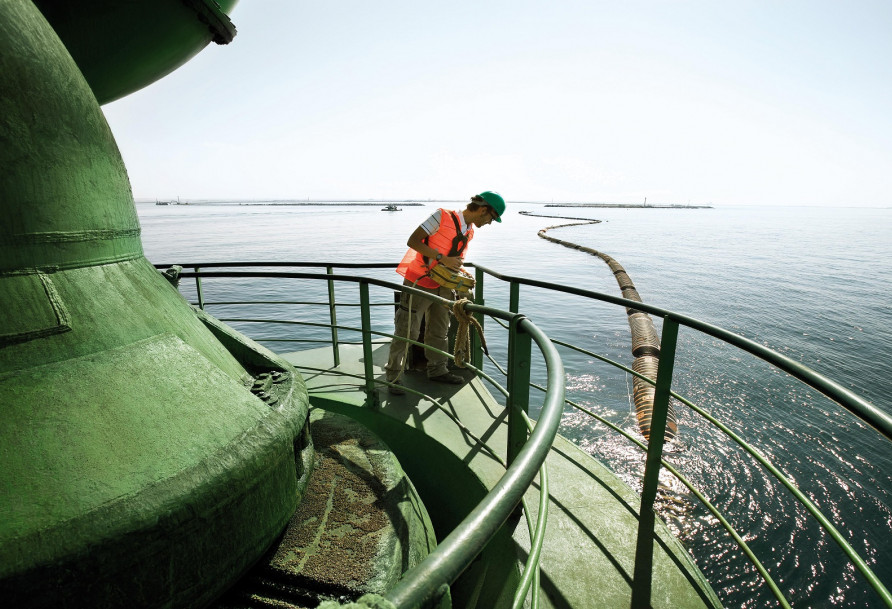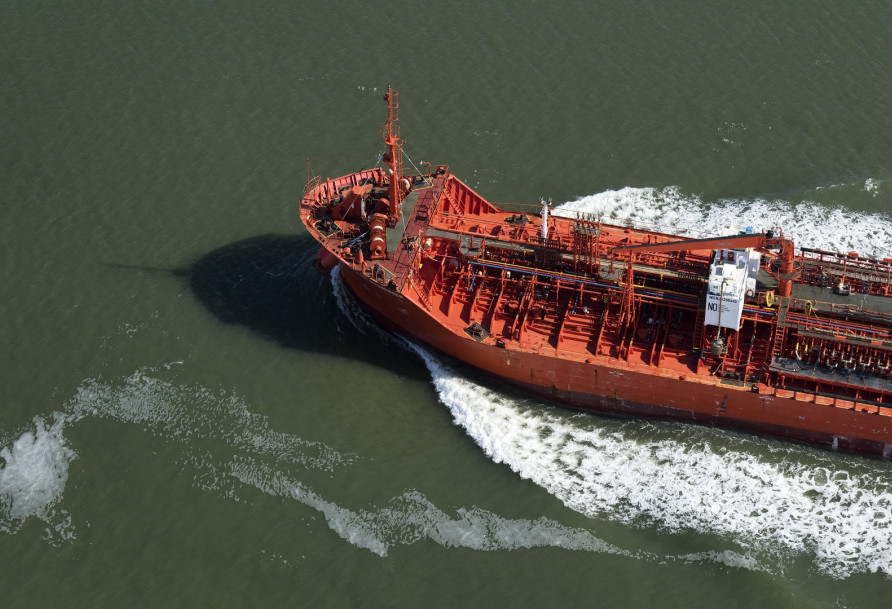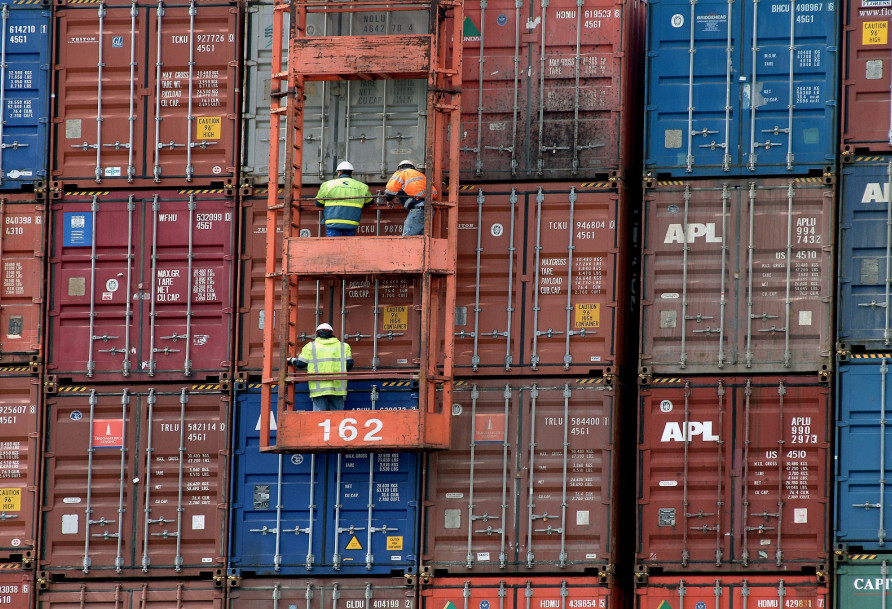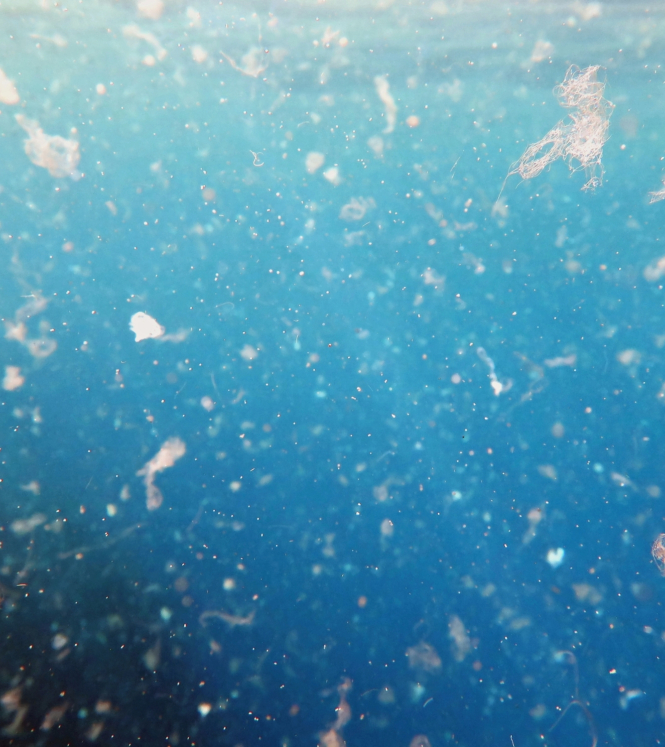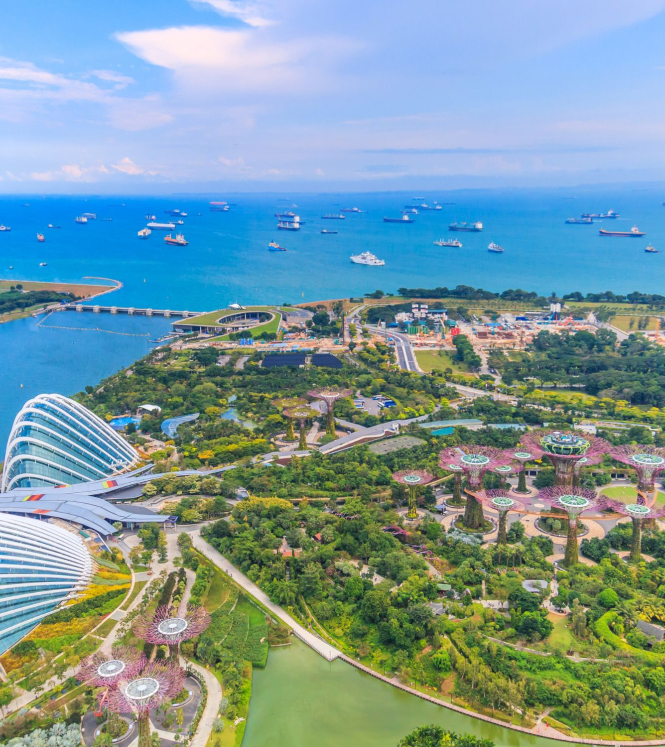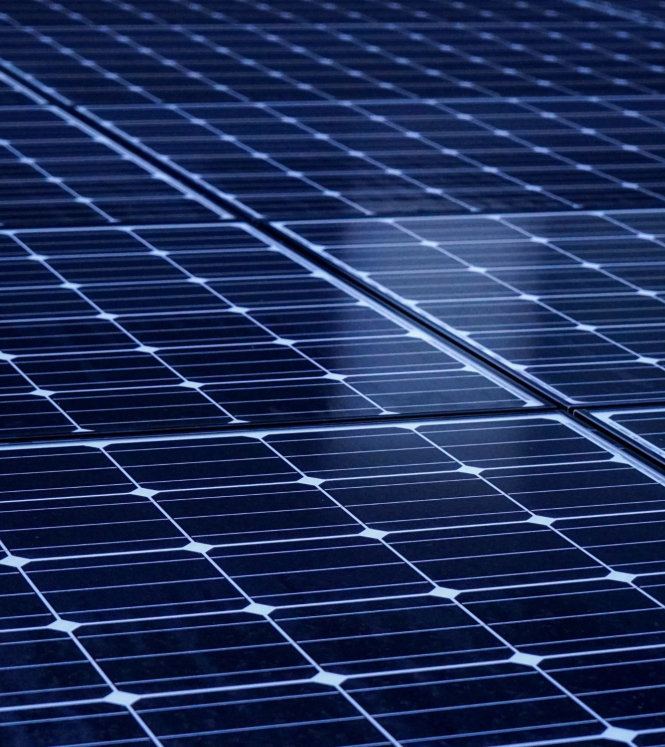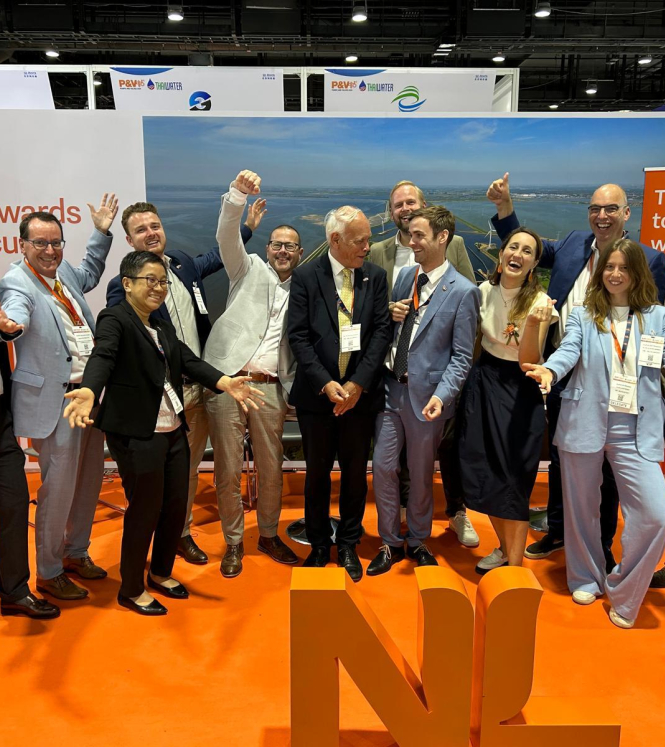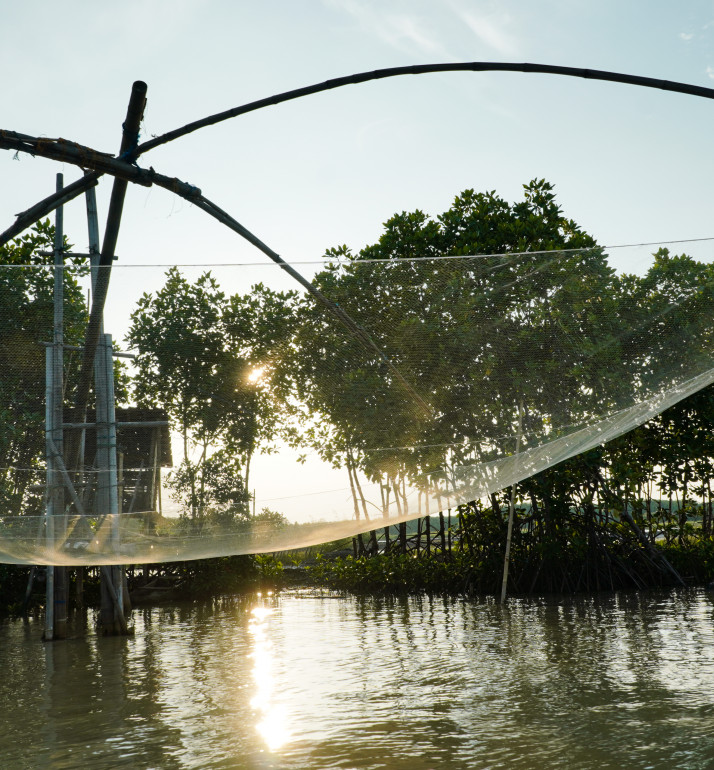
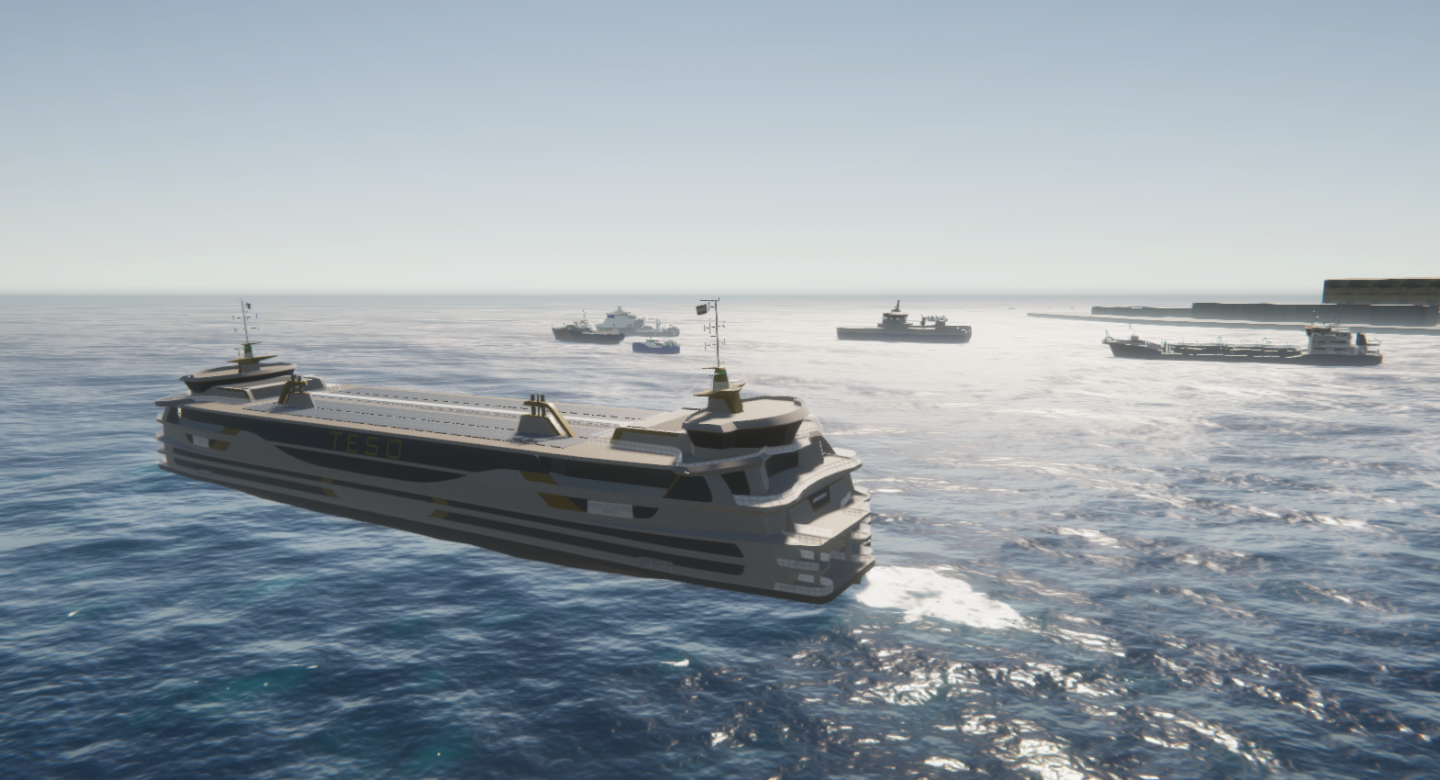
The Maritime Masterplan: towards zero-emission shipping
Shipping emissions make up around 1 billion tons of CO2eq per year. This is a quarter of all emissions from the global transportation sector and nearly 3% of global greenhouse gas emissions. And yet shipping is still cleaner than any other mode of transportation. That is because the sheer volume of cargoes that can be transported by ship make transportation over water the cleanest option per ton per kilometer.
However, with most ships still using fossil fuels, the maritime sector has a long voyage ahead before it becomes fully clean and green. That is why the Maritime Masterplan has set out a roadmap towards smart and zero-emission shipping. In doing so, they hope to inspire the world to shape a maritime future that is clean.
The Maritime Masterplan has been ten years in the making, but the COVID-19 pandemic has increased the urgency to transition towards smart and zero-emission shipping. With the government as launching partner and investment pledged for research and development, the maritime sector is on the brink of transition.
Retrofitting ships
In early 2020, as the pandemic hit one country after another, bringing the whole maritime sector, like many others, to a standstill. Orders dried up, freight and passenger ships became literally stranded. The maritime sector used this opportunity to start retrofitting ships with zero-emission technology as they began to implement the plans set out in the Maritime Masterplan. Much of the technology already exists, as they follow the example of inland barge companies like PortLiner which has been retrofitting its vessels since 2018.
Earlier this year, Zero Emission Services launched its first electric battery-run vessel, transporting Heineken beer on inland waterways. Upcoming EU and maritime legislation are due to tighten regulations on both CO2 and nitrogen emissions, which shipping companies will have to comply with in the future.
The foundations of the Maritime Masterplan were laid down in the Green Deal on Maritime and Inland Shipping and Ports for the maritime sector in 2019. Nederland Maritiem Land, which aims to connect all parts of the maritime sector, has developed the plan so that public-private initiatives can join the effort to achieve zero emissions.
Zero-emission Dredging Hub
On the road to a blue-green maritime sector, public-private initiative Zero-Emission Dredging Hub brought together Dutch maritime companies and organisations Van Oord, Boskalis, Royal IHC, Damen and Deal Drecht Cities. These five organisations signed an official Memorandum of Understanding in July 2021. By working together through open innovation, the initiative creates a competitive advantage for itself with shared costs, quicker development and greater impact. In the Drecht Cities Maritime Delta, 1,000 maritime companies ─ with shared dredging expertise going back as far as the 15th century ─ are located at close proximity making it the ideal launchpad for innovative collaborations.
Roadmap to 2030
The Dutch maritime sector, public-private organisations and knowledge institutes have set ambitious goals to build 30 ocean-going and inland zero-emission ships by 2030. This may seem a drop in the ocean, but with the Dutch government and the Ministry of Defence as launching partner, it means the financial risk to companies is low and gives them a green light for the research and development in pioneering new technology. As launching customers the Royal Netherlands Navy and Rijkswaterstaat are major shipping companies in their own right. By financing the development of the required technologies, they are paving the way for other companies in the maritime industry. In addition, the government has set aside EUR150 million for research and development in the transition of the automotive, maritime and aerospace sectors. The same technology can be applied in different sectors, so innovations developed for electric cars can also be applied to zero-emission ships and even carbon-neutral planes.
In its roadmap to 2030, the Masterplan sets out its two-pronged strategy to achieve the transition through clean fuels and digitalisation:
- reducing CO2 emissions to zero by 2050 through improved efficiency, biofuels, hydrogen, wind-assist and solar technology.
- building smart ships and systems with regard to operation and maintenance using AI, remote control and secure wireless standardisation.
By collecting data, the maritime sector will work towards producing smart ships with autonomous steering, predictive maintenance and systems to streamline the passage through locks and bridges reducing waiting times. At the same time, short ferry services and shipping on inland waterways can be electrified. While sea shipping can further develop new fuel technologies, such as hydrogen and methanol systems with bunker stations for refuelling at major ports.

